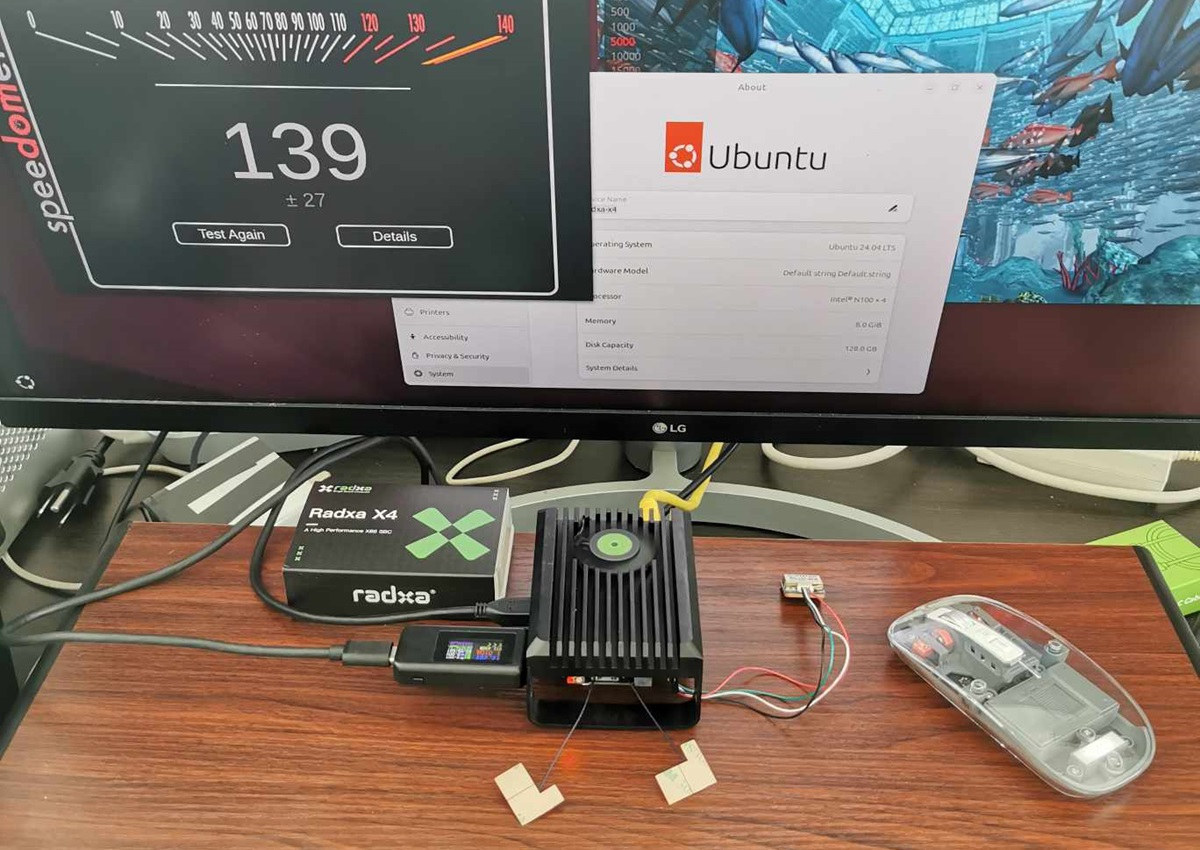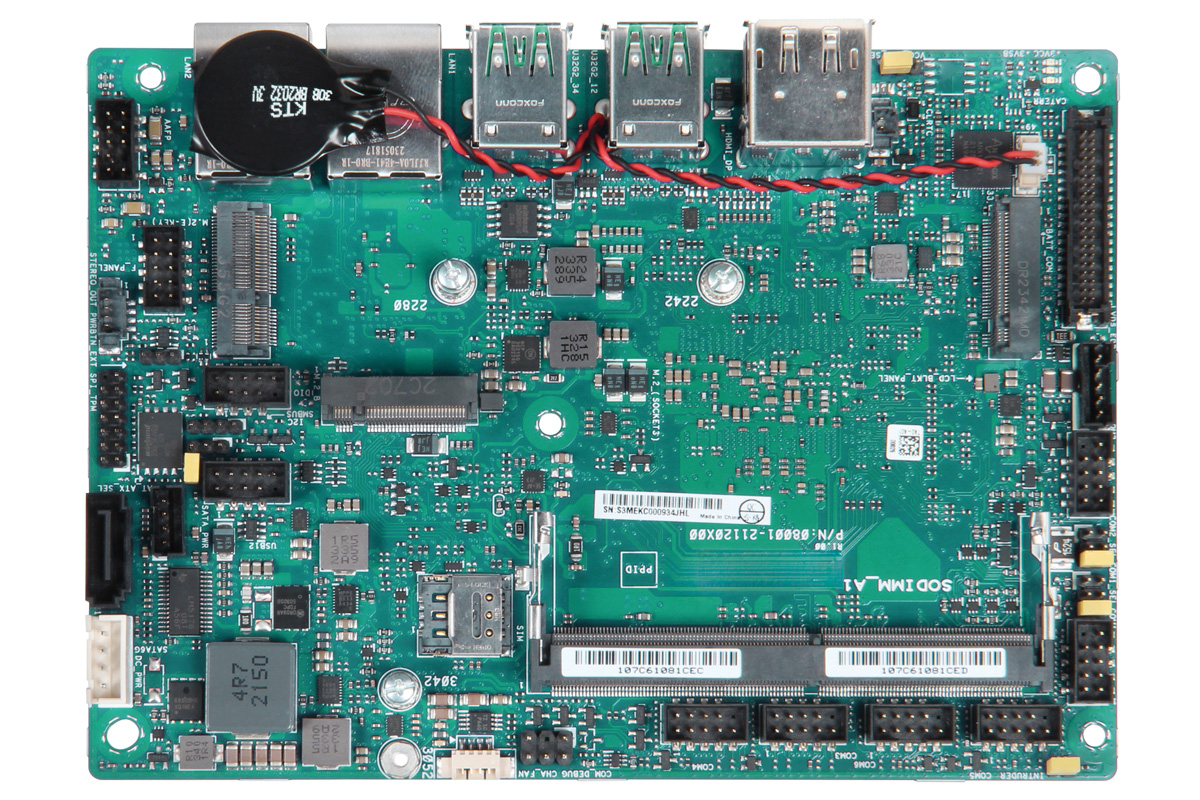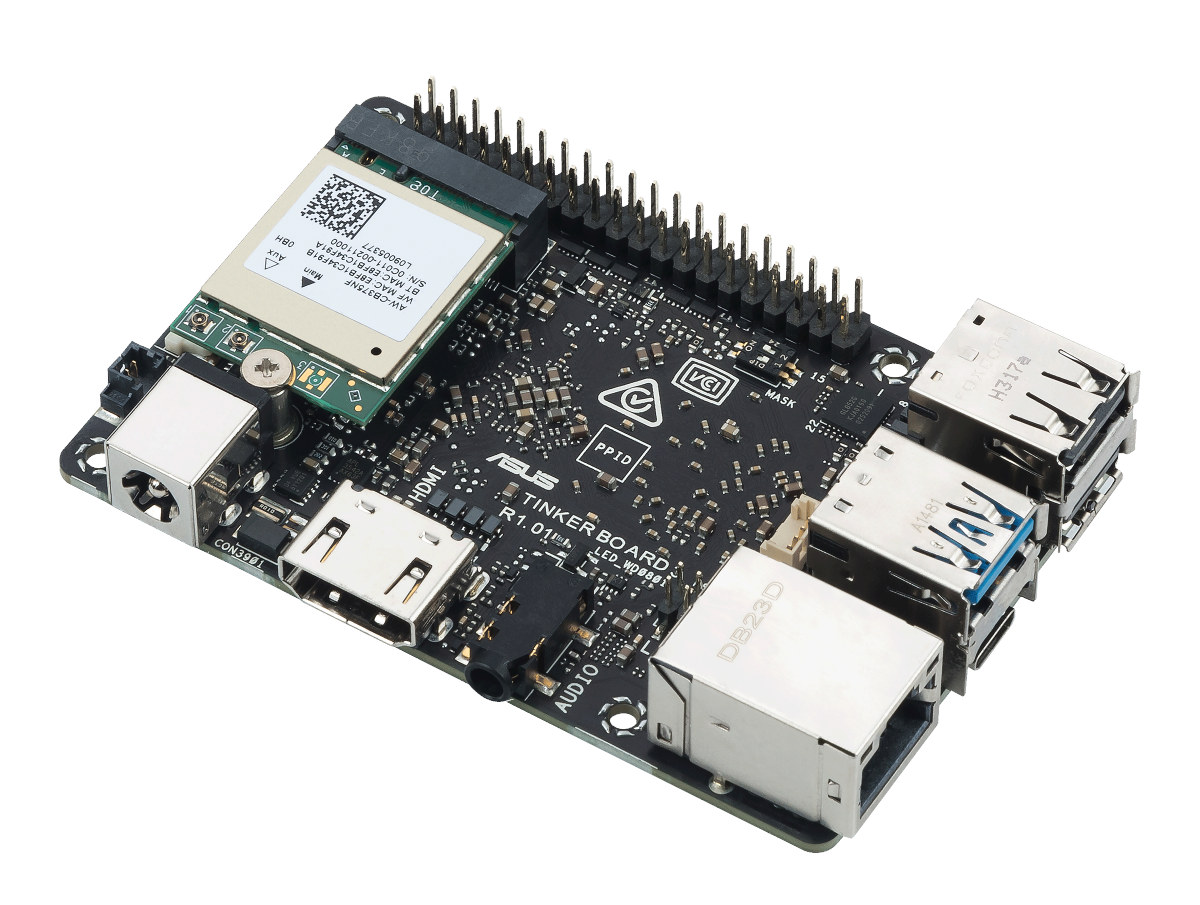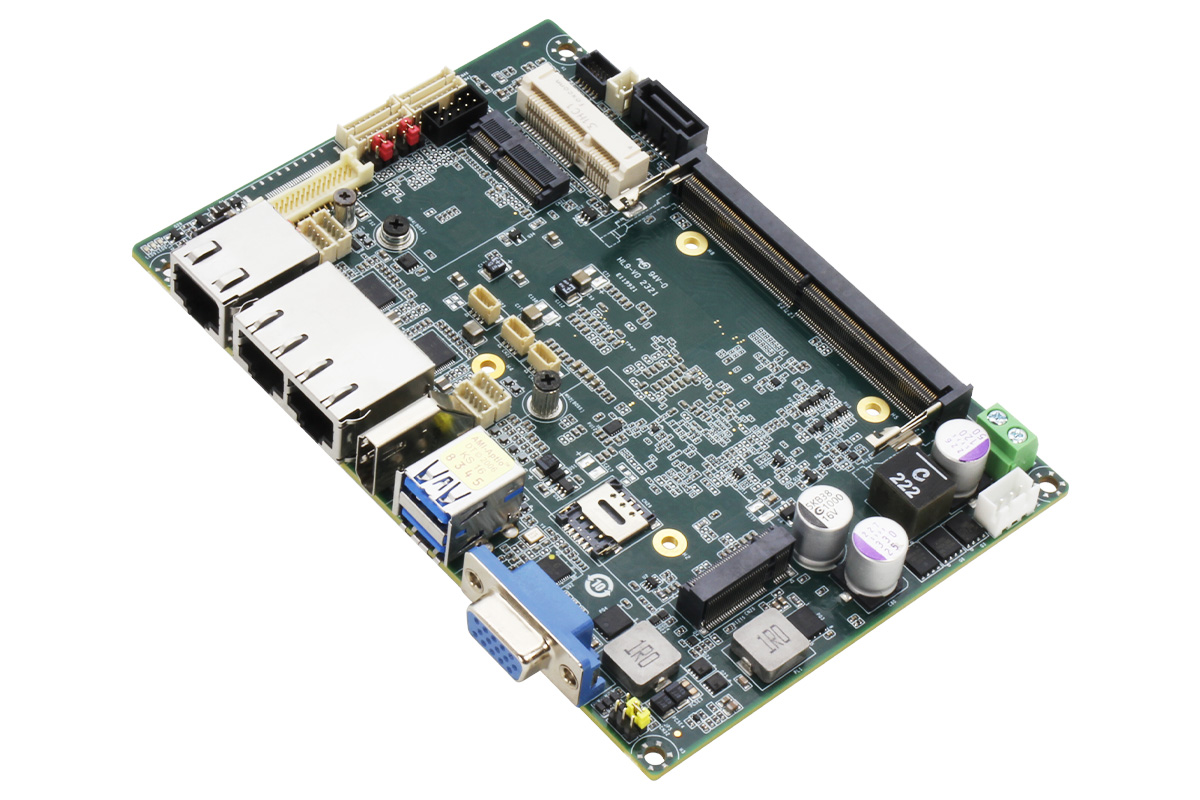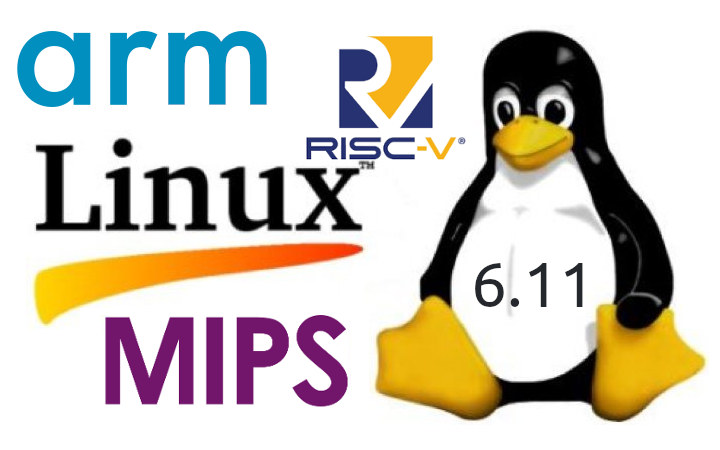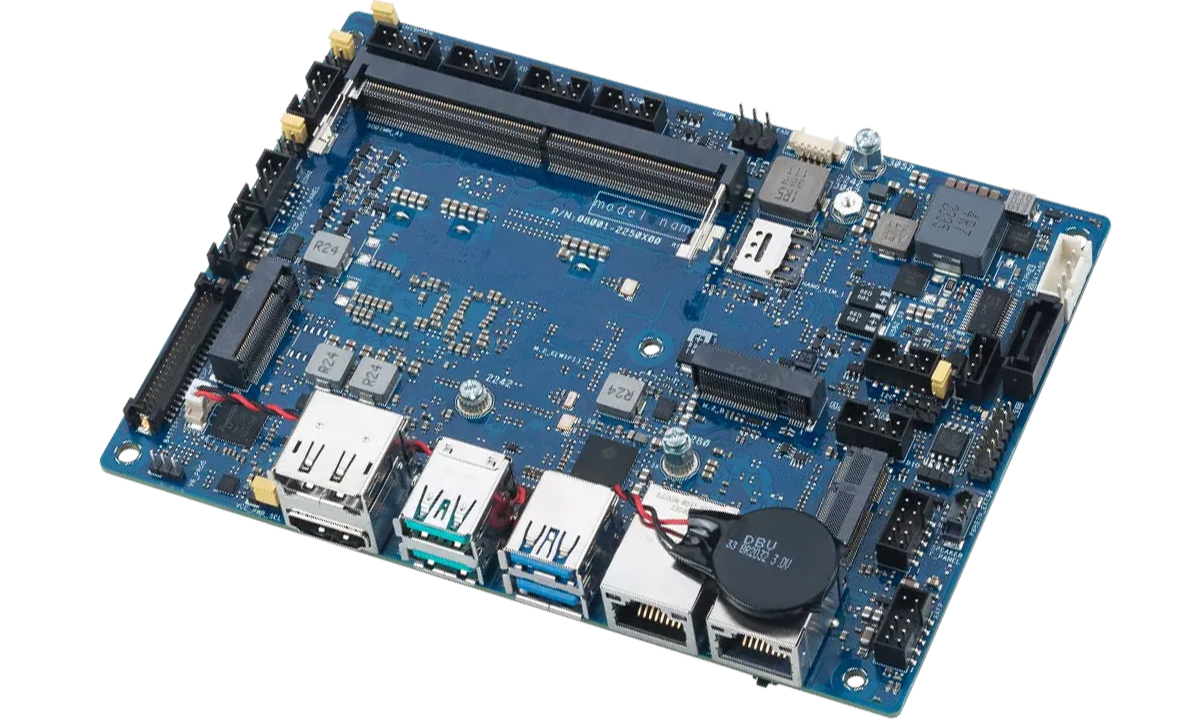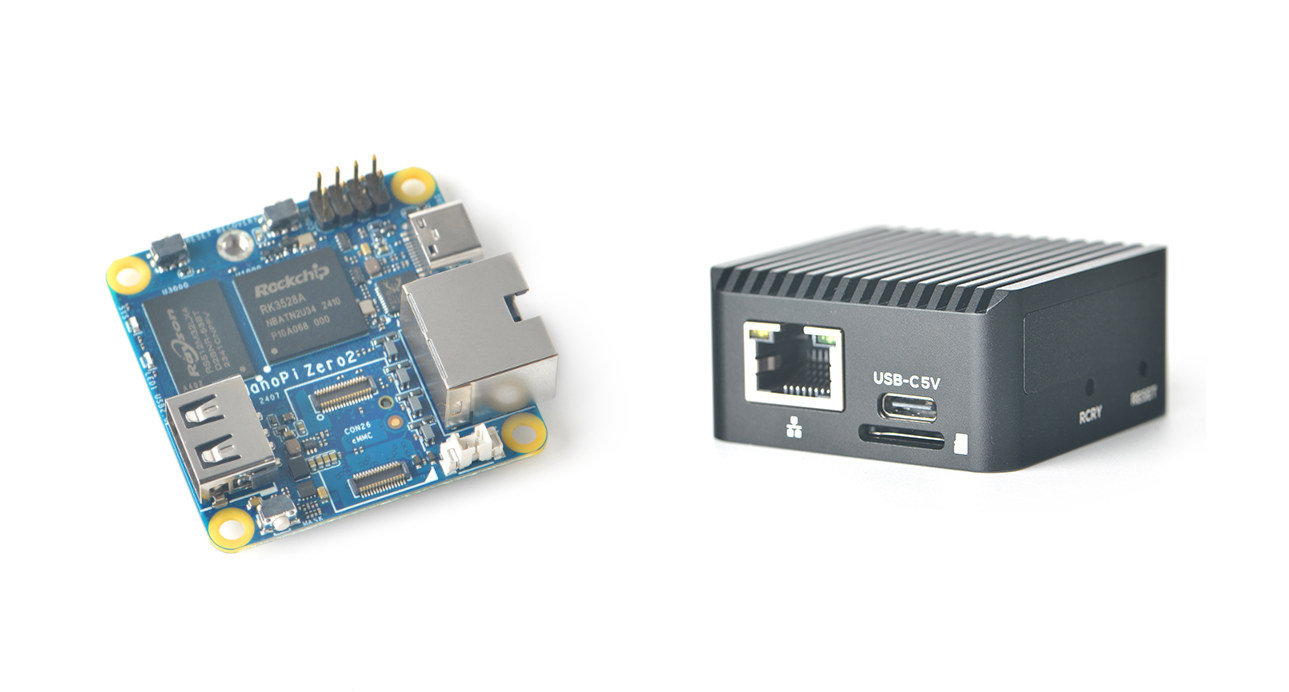We already looked at the Radxa X4 kit featuring an Intel N100 SBC with a design similar to the Raspberry Pi 5 and accessories including a Radxa Power PD 30W power adapter, an NVMe SSD, and a USB-C to USB-C cable, in the first part of the review, before installing Ubuntu 24.04 on the board.
In the second part of the review, we will test Ubuntu 24.04 in more detail with some benchmarks and power consumption measurements to show how well it works (or not) compared to a Raspberry Pi 5. We will also test the 40-pin GPIO header on the Radxa X4 controlled through a Raspberry Pi RP2040 microcontroller.


